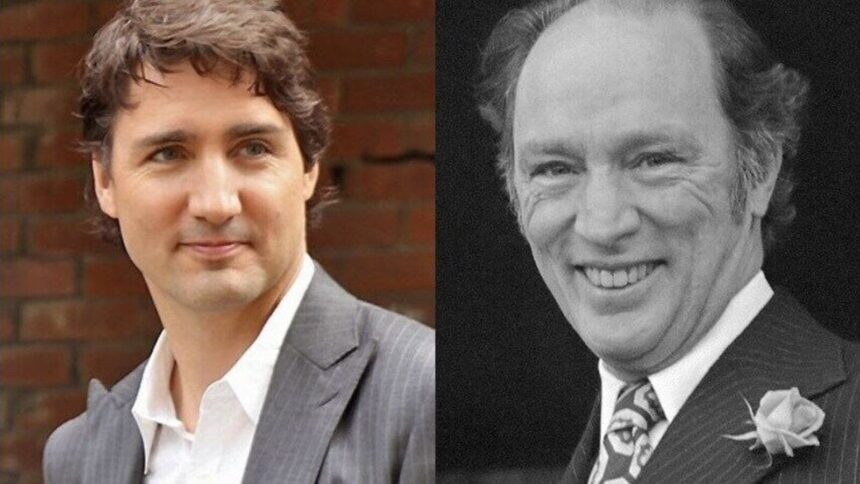The Trudeaus’ Troubled Legacy in Indo-Canadian Relations: A Comprehensive Analysis
As of January 7, 2025, Canada is witnessing a significant political transition marked by the resignation of Prime Minister Justin Trudeau. His decision to step down on January 6, 2024, was largely attributed to internal strife and dwindling popularity, partially fueled by the ongoing diplomatic tensions with India—a legacy rooted in the complex historical and cultural ties between the two nations. This blog will explore the implications of Trudeau’s resignation, the evolving Indo-Canadian relations, and how this impacts the broader political landscape.
A Legacy in Flux
Justin Trudeau’s tenure as Prime Minister began with much promise, heralded by his progressive policies and commitment to multiculturalism. However, his legacy is now overshadowed by contentious diplomatic relations with India, primarily stemming from the Khalistan movement and the high-profile murder of Sikh activist Hardeep Singh Nijjar in Canada. The Khalistan movement seeks to create an independent state for Sikhs, which has led to longstanding tensions between Sikh separatists and the Indian government.
Trudeau’s handling of these issues has come under fire, as many felt he failed to address the escalating tensions adequately. His administration’s approach involved a delicate balancing act—supporting the rights of the Sikh community in Canada while maintaining a cordial relationship with India, one of Canada’s key trading partners.
Factors Leading to Resignation
-
Declining Popularity: The combination of internal party conflicts and public dissent related to his government’s policy decisions led to a significant decrease in Trudeau’s approval ratings. Many Canadians expressed dissatisfaction with the government’s handling of both domestic issues and foreign relations.
-
Emerging Diplomatic Challenges: The crisis escalated after India’s allegations that Canadian authorities were harboring anti-India elements contributed to a severe diplomatic fallout. Trudeau’s attempts to mediate and navigate these treacherous waters were often viewed as ineffective, culminating in growing scrutiny and criticism.
- Political Pressure: As international relations with India deteriorated, Trudeau faced mounting pressure from both within his party and from political opponents. Calls for accountability regarding the government’s foreign policy decisions became more pronounced, culminating in a leadership crisis.
The Future of Indo-Canadian Relations
With Trudeau’s resignation creating a power vacuum, the future of Indo-Canadian relations remains uncertain. The next Prime Minister will face the challenge of redefining Canada’s foreign policy towards India while also addressing the significant domestic political ramifications of the Khalistan issue.
Key factors that will shape this relationship include:
-
Navigating Community Sentiment: The Canadian Sikh community holds significant electoral power, and any new leadership must carefully consider the perspectives and priorities of this demographic while managing bilateral relations with India.
-
Reassessing Foreign Policy: A shift in leadership may prompt a reevaluation of Canada’s diplomatic stance on contentious issues, potentially leading to both reconciliation efforts with India and actions to support the Canadian Sikh community.
- Regional Geopolitics: As global dynamics continue to shift, Canada’s relationship with India will be molded not only by bilateral concerns but also by broader international factors, including relations with China, the U.S., and other regional players.
Conclusion
As Canada transitions into a new political era following Justin Trudeau’s resignation, the implications for Indo-Canadian relations remain a key focal point. The new leadership will likely face challenges that require a delicate balance of advocacy for domestic constituencies while restoring diplomatic ties with India. Only time will reveal whether this can be achieved, but one thing is certain: the legacy of Justin Trudeau will be a topic of conversation in both Canadian and Indian political spheres for years to come.










